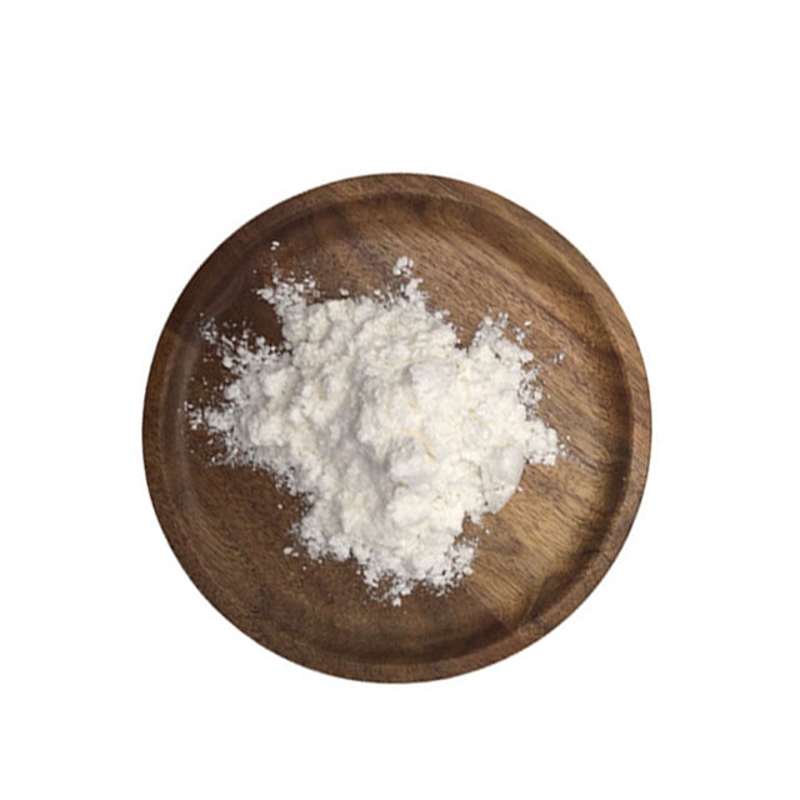-
Categories
-
Pharmaceutical Intermediates
-
Active Pharmaceutical Ingredients
-
Food Additives
- Industrial Coatings
- Agrochemicals
- Dyes and Pigments
- Surfactant
- Flavors and Fragrances
- Chemical Reagents
- Catalyst and Auxiliary
- Natural Products
- Inorganic Chemistry
-
Organic Chemistry
-
Biochemical Engineering
- Analytical Chemistry
- Cosmetic Ingredient
-
Pharmaceutical Intermediates
Promotion
ECHEMI Mall
Wholesale
Weekly Price
Exhibition
News
-
Trade Service
Direct action antiviral drugs (DAAs) have revolutionized the way patients with chronic HCV infection are treated.
90-95% of patients treated with the new DAA program have access to continuous virological response (SVR).
have also been shown to be associated with polyethyl glycol interferon and DAA-based HCV therapy to reduce overall mortality.
the treatment of hepatitis C virus (HCV) infection is known to reduce overall mortality.
, it was previously unknown whether the decrease in mortality was mainly due to liver-related causes or liver complications.
this article would like to be further explained.
researchers collected data on Linchuan that identified HCV-positive patients treated with HCV between 2002 and 2016 and matched them to individuals with HCV-positive but untreated and untreated HCV infection.
to calculate liver-related mortality associated with viral hepatitis among treated and untreated HCV patients through treatment and access to continuous virological response (SVR).
researchers found that in 50,674 HCV-positive/treated (Group A), 31,749 HCV-positive/untreated (Group B) and 73,526 non-HCV-infected persons (Group C), the mortality rate was 8.6 per cent in Group A, 35.0 per cent in Group B and 14.3 per cent in Group C.
the deceased, the liver-related mortality rate (95% CI) associated with viral hepatitis per 100 patients was 0.28 (0.27-0.30) in group A, 1.44 (1.38-1.49) in group B and 0.06 (0.05-0.06) in group C.
0.06 (0.05-0.06) for people who were positive for HCV/treatment, and 0.78 (0.74-0.83) for patients who did not receive SVR.
In competitive risk Cox proportional risk analysis, patients with an all-oral DAA solution (adjusted risk ratio of 0.11; 95% CI 0.09-0.14) and obtained SVR (adjusted risk ratio of 0.10; 95% CI 0.08-0.11) reduced liver hazard-related mortality.
in this paper, studies have confirmed that the use of direct-acting antiviral programmes to treat HCV has many extra-liver benefits, but significant benefits can be attributed to reduced liver-related mortality, particularly in patients treated with the DAA programme and in patients who have reached SVR.
.







